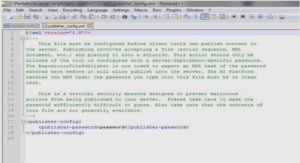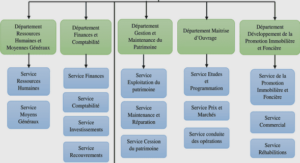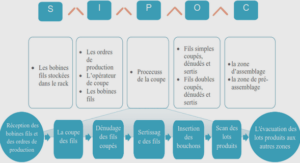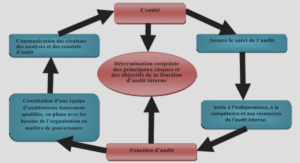Public Financial Management Concepts
Terminology Fiduciary
Risk is the danger that funds allocated from the budget: (1) may not be controlled properly, (2) may be used for purposes other than those intended, and/or (3) may produce inefficient or uneconomic programmatic results. Government to Government (G2G) assistance refers to when USAID disburses funds directly to a partner government entity, including all instances in which USAID finances a partner government entity of a bilateral foreign assistance recipient country to implement a project or project activity, including nonproject assistance, using the partner government’s own financial management, procurement or other systems. Partner Government Systems (PGS) includes all government systems involved in the management of government operations regardless of function, including financial, procurement, human resources, performance monitoring, audit, disclosure, adjudication, regulation, enforcement and others. In the context of PFMRAF, public financial management (PFM) systems are a subset of PGS. Public Financial Management (PFM) is a class of systems and elements thereof involved in the management of public resources. It primarily refers to the processes, procedures and activities associated with spending public resources to include budgeting, treasury, cash management, disbursement, accounting and reporting, audit and control, and may include the financial management features of various government systems such as procurement and human resources, as well as the financial management aspects of transparency, governance and public accountability. In the context of financial management and fiduciary risk identification, “procurement” may be referred to as a separate system from other systems involved in PFM for clarity and precision.
PFM, Governance, and Public Accountability
The PFMRAF is designed to assess not only the PFM environment of the partner country government, but also governance and public accountability factors, including legal and regulatory matters, as well as political will for non-corrupt, transparent, accountable, and effective governance. Since sound PFM is an indispensable element of governance and public accountability, these issues are examined and where shortcomings are noted, potential mitigation measures identified. All countries mobilize funds from domestic sources through taxes and fees and apply those funds by purchasing goods and services ranging from civil servant salaries to infrastructure projects. Developing countries often tap resources from donors for necessary services or infrastructure investment that they Public Financial Management Concepts 4 cannot pay for on their own. The mechanism for resource mobilization and application is the PFM system. The quality of PFM systems varies widely from country to country, within countries at various levels of government, and within governments from sector to sector and/or ministry to ministry. Sound PFM systems help foster democracy by enhancing accountability and transparency in decisionmaking. Transparent use of financial resources empowers the people to exercise their sovereign control over the government and develop sustainable systems of public services. Conversely, weak PFM enables corruption or diversion of resources away from basic human services such as health and education. It also retards economic growth by driving business underground, imposing costs that make products and services noncompetitive, or impairing the ability of the government to establish and maintain macroeconomic stability. The critical point is that governance and public accountability are inseparable from PFM. The focus on sound PFM is therefore essential to achieve our long-term goals of growing economies in democratically governed countries. Beyond strict PFM, other accountability enhancing projects may be required. These may include public administration and civil service reform, parliamentary strengthening, civil society development, strengthening accountability bodies, and enhancing government transparency and democratic accountability.






